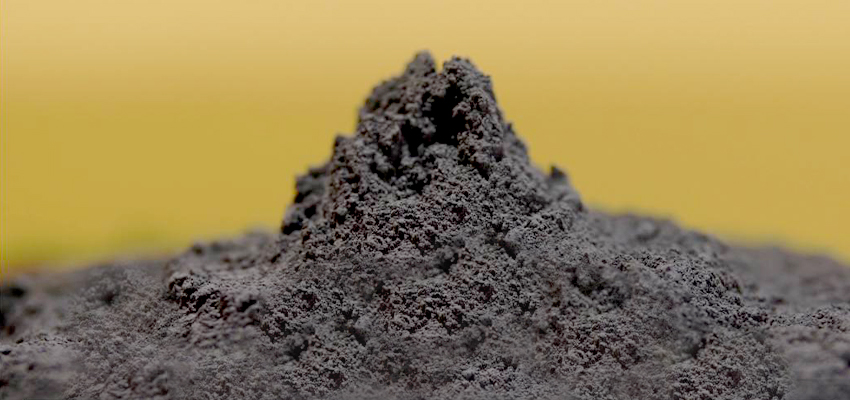Solid lubrication: about innovative technology to reduce friction and wear
Creating the solid lubrication technology is one of the relatively new achievements of tribological engineering that enables to create more durable, energy efficient, and space-saving machines friction units.
It consists in reducing friction coefficient and wear of the sliding surfaces without hydrodynamic effect to reveal by creating a thin film having low shear strength, and high compression strength.
The solid lubrication technology is realized by means of using solid-film materials, that is the substances of layered crystal structure with weak intermolecular bonds (such as molybdenum disulfide (see Fig.1), graphite, tungsten disulfide, boron nitride); some polymers (polytetrafluorethylene), soft metals, and others.
The layered materials that have low friction coefficient due to their crystal structure are the most significant and widely used as lubricating materials.
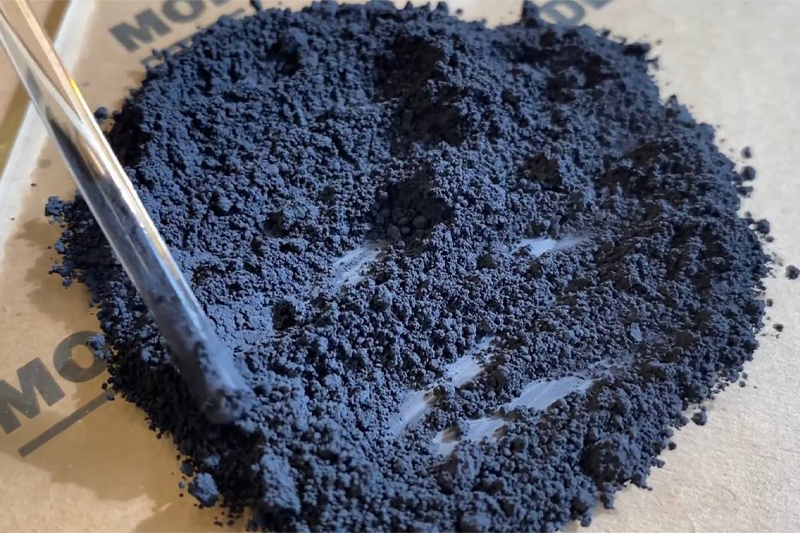
Figure 1 – Molybdenum disulfide
According to numerous researches, the solid lubrication technology is one of the most efficient ways to extend service lifetime of the friction units under extreme operational conditions such as cryogenic and high temperatures, vacuum, exposure to chemically aggressive media, running under condition of dustiness and heavy loads comparable with yield strength of structural materials.
For a long while, the solid lubricating substances have been applying independently, in a form of powders. The up-to-date stage in the solid lubrication technology development is creating the anti-friction coatings capable to integrate the solid lubricating substances into a friction surface.
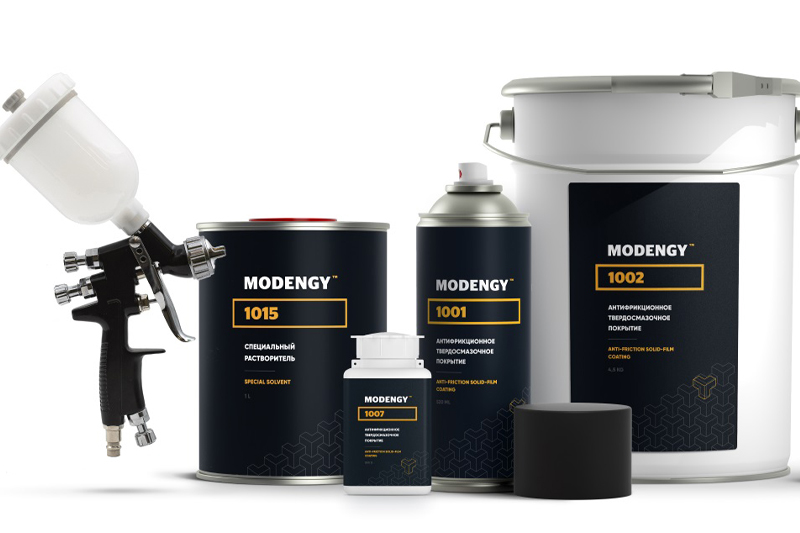
Figure 2 – MODENGY anti-friction solid-film coatings
They are suspensions within which finely dispersed powders are distributed in a mixture of binders (film-forming agents) and solvents.
After curing, these compounds form the thin (about 20 micrometers), virtually unaffected by external factors lubricating films on the treated surfaces that reduce and stabilize friction coefficient, make running-in easier, and, in many cases, provide lifetime lubrication for the parts.
MODENGY anti-friction solid-film coatings: properties and advantages
The solid lubrication technology is realized by the Modengy company realizes in its developments. It specializes in developing and producing anti-friction solid-film coatings, solid-film pastes, and dry adaptive lubricating materials based on solid lubricating substances.
MODENGY coatings (see Fig.2) form a composite layer of about 20 micrometers thickness on the treated parts protecting the mechanisms against seizure, scores, reducing and stabilizing friction coefficient (see Fig.3).
Some products of this brand have additional properties that enable to extend lifetime of the parts: they provide longterm corrosion protection, have chemical resistance, anti-adhesive and anti-icing properties.
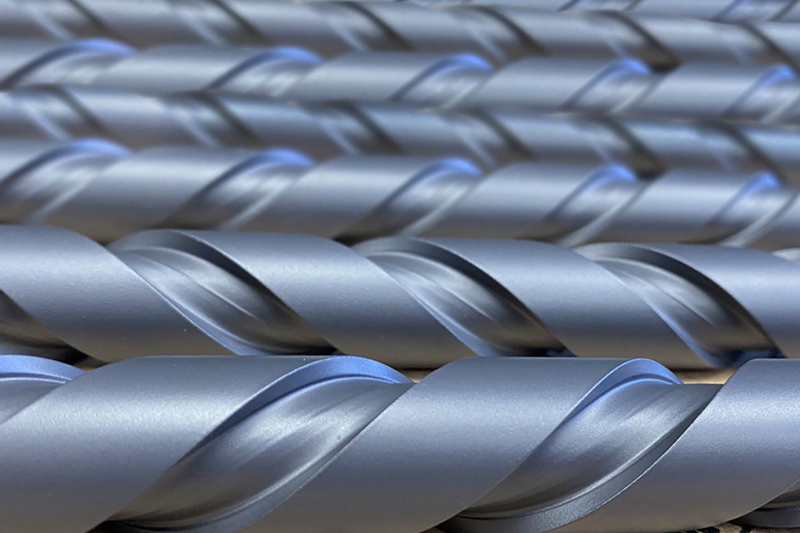
Figure 3 – Appearance of cured MODENGY 1014 coating on the lead screws
Solid substances of various types are used in the composition of these coatings as well as their combinations where synergistic interaction of the components reveal.
Properties and advantages of MODENGY coatings:
- Low and stable friction coefficient – from 0.03
- Dry lubricating layer for dusty environments
- Anti-corrosive properties (up to 1,000 hours, according to the results of the accelerated tests in the neutral salt mist chamber, according to ISO 9227)
- High load-carrying capacity (up to 3,000 MPa), and great antiscoring properties
- Long service lifetime (in some units, they act as lifetime lubrication), and operability after long equipment downtime.
- Wide service temperature range: -210 °С to +730 °С
- Operability in vacuum and under conditions of radiation
- Resistance to chemically aggressive media of various nature such as acids, alkalis, solvents, etc.
- Environmental safety
Producing and operating pipeline valves are the direction where use of anti-friction coatings enables to solve the most acute tasks in the field of reducing friction, wear, and providing corrosion protection.
MODENGY solid-film coatings and pastes for pipeline valves
The standard operational conditions for pipeline valves are high pressures, high temperatures, and high friction, exposure to aggressive media that are transported. This causes premature wear and corrosion of the parts, increased forces to drive the mechanism, and jamming.
Use of the anti-friction solid-film coatings enables to create friction units that need no maintaining, to improve reliability, and to extend term of operating pipeline valves units.
For instance, applying MODENGY 1001 coating based on molybdenum disulfide and graphite onto the pipeline valve rods reduces force to drive the shutter by down to 5 times.
Applying MODENGY 1005 hot cure coating onto the axial type valves rack gears (see Fig.4) minimizes loses for friction in the unit. Due to high load-carrying capacity, and antiscuffing properties, this coating withstands contact pressures of more than 2,000 MPa typical for operating these valves.
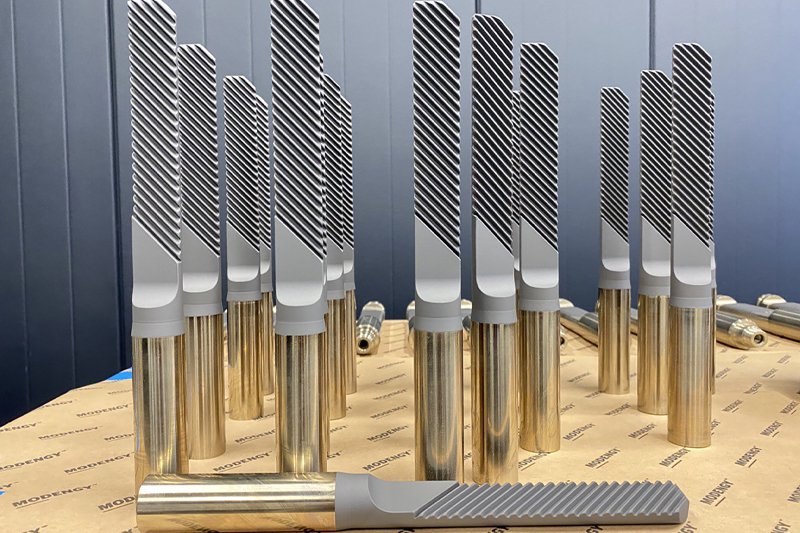
Figure 4 – MODENGY 1005 coating of the rack gears
MODENGY 1014 chemically resistant coating based on polytetrafluorethylene and molybdenum disulfide are widely used to protect the parts that are in direct contact with chemically aggressive media.
It is applied onto the adjusting valves, the pipeline fittings flow part elements, threaded connections, media separators, heat exchangers plates, etc.
This coating also has great anti-corrosive properties (more than 672 hours in neutral salt mist, according to ISO 9227 standard) providing reliable operating of the pipeline fittings under conditions of destructive sea climate, or in the other corrosively active environments.
In certain cases, MODENGY coatings enable to stop using greases completely, or can also be used jointly with them to provide the best operational features of the mechanisms.
MODENGY 4002 solid-film paste based on molybdenum disulfide (see Fig. 5) has successfully passed tests on the of quarter-turn worm reducers at a manufacturer of the shut-and-control valves.
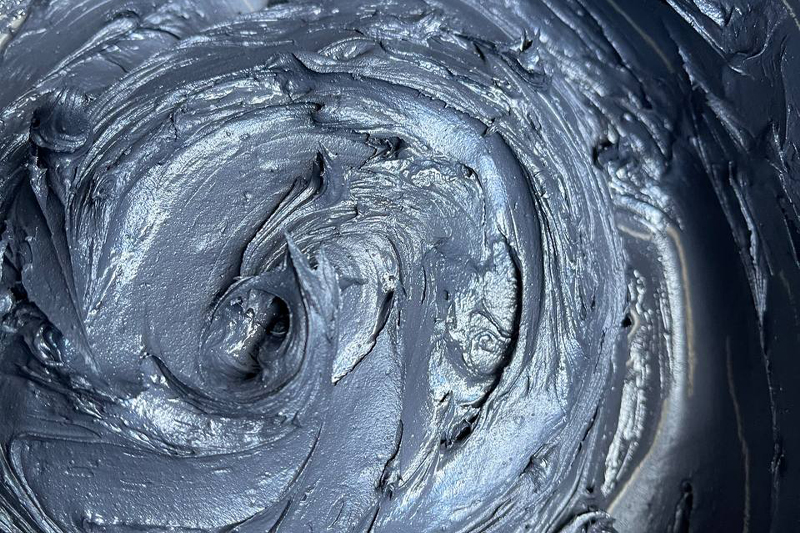
Figure 5 – MODENGY 4002 solid-film paste
It has been experimentally proven that MODENGY 4002 provides efficiency coefficient increase of about 10-20% after 100-cycle running time. This product is recommended for further mass application in reducers for the purpose of making running-in easier, reducing friction, and increasing efficiency coefficient of the equipment.
Application MODENGY anti-friction solid-film coatings and pastes enables to solve such important tasks as reducing forces to drive the mechanisms, reducing friction and wear, corrosion protection, scuffing forming, preventing sticking and jamming.
The Modengy company offers assistance not only in selecting materials to solve a wide range of engineering tasks in the field of improving service lifetime of the units, but also in applying the coatings onto the samples and mass batches of the parts, in holding accelerated tests, in aimed training the specialists of the enterprises in applying the coatings.
Request information




 RU
RU
 EN
EN





